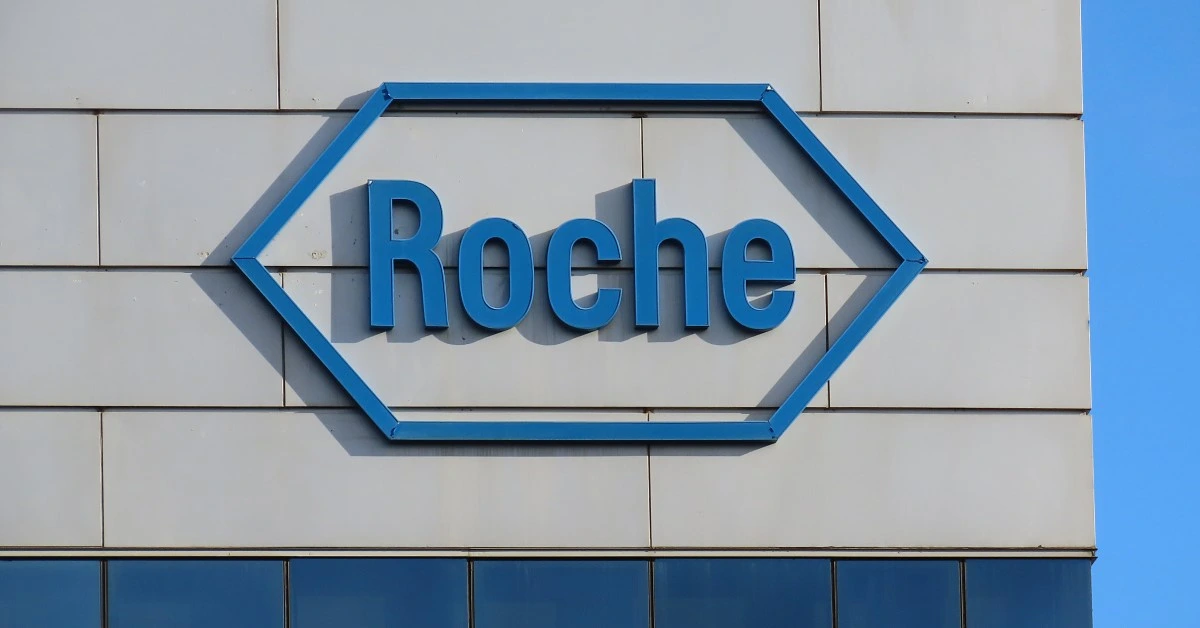
SWITZERLAND – At the 17th Clinical Trials in Alzheimer’s Disease (CTAD) congress in Madrid, Roche unveiled promising data on its Elecsys Amyloid Plasma Panel and pTau181 assays.
These blood-based diagnostic tools show strong potential for detecting Alzheimer’s-related amyloid pathology with minimal invasiveness.
These blood-based tests show high accuracy in ruling out Alzheimer’s in patients under investigation for cognitive impairment, which may help avoid more invasive testing procedures.
Roche’s Elecsys Amyloid Plasma Panel demonstrated strong accuracy in a prospective, multicenter study across the U.S. and Europe.
Involving 492 participants, this was the largest clinical trial of its kind, evaluating a blood test specifically designed to rule out amyloid pathology.
According to the results, the Elecsys Amyloid Plasma Panel achieved a high negative predictive value (NPV) of 96.2%, sensitivity of 91.0%, and specificity of 69.8%.
This means the test is particularly effective at excluding amyloid-positive cases, providing patients with a reliable alternative to PET scans and cerebrospinal fluid testing.
“This study suggests that a quick, minimally invasive blood test could reliably rule out Alzheimer’s, providing patients and their families with much-needed reassurance,” commented Matt Sause, CEO of Roche Diagnostics.
“For many, getting a clear diagnosis remains challenging, and this test could help ensure timely access to appropriate care.”
Designed to reflect real-world patient populations
The Elecsys Amyloid Plasma Panel and pTau181 tests were validated in a diverse patient group, designed to mirror the range of individuals likely to benefit from the test.
This approach ensures that the tool is effective across varied geographies, demographics, and clinical profiles.
Notably, the test’s performance was largely unaffected by factors such as age, sex, body mass index, or kidney function—key considerations in Alzheimer’s diagnostics.
Additionally, the Elecsys Amyloid Plasma Panel received FDA Breakthrough Device Designation in July 2023, highlighting its potential to address unmet diagnostic needs in Alzheimer’s care.
Supporting precision in Alzheimer’s screening with Elecsys pTau217
Roche also showcased promising data on its Elecsys pTau217 assay, another blood test currently in development.
Like pTau181, pTau217 measures phosphorylated tau proteins, which accumulate in the brain during Alzheimer’s progression.
This test, also awarded FDA Breakthrough Device status, further underscores Roche’s commitment to advancing non-invasive Alzheimer’s diagnostics, adding another layer of precision to early detection efforts.
How these tests work
The Elecsys Amyloid Plasma Panel measures levels of pTau181 and apolipoprotein E4 (APOE4) in plasma.
Elevated pTau181 is associated with early Alzheimer’s disease, while APOE4 is the most common genetic risk factor for the condition.
Together, these markers provide clinicians with valuable information to guide decisions on further confirmatory testing with amyloid PET or cerebrospinal fluid analysis.
Negative test results suggest that amyloid pathology is unlikely, directing clinicians to consider other causes of cognitive decline.
The Elecsys pTau217 test is intended for people aged 60 and older, focusing on detecting amyloid pathology, a hallmark of Alzheimer’s.
With a growing global population of older adults, the demand for more accessible and reliable Alzheimer’s screening is pressing.
These innovative tests from Roche offer new possibilities for simplifying the diagnostic journey, helping patients receive targeted care sooner while potentially reducing the need for costly and invasive testing procedures.
XRP HEALTHCARE L.L.C | License Number: 2312867.01 | Dubai | © Copyright 2025 | All Rights Reserved